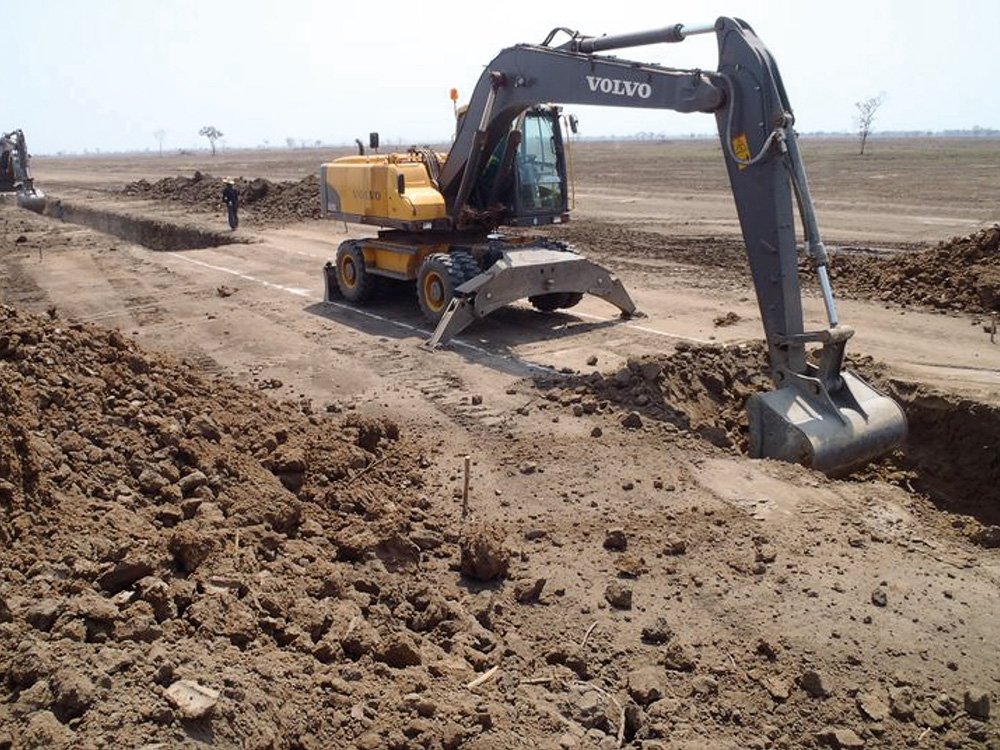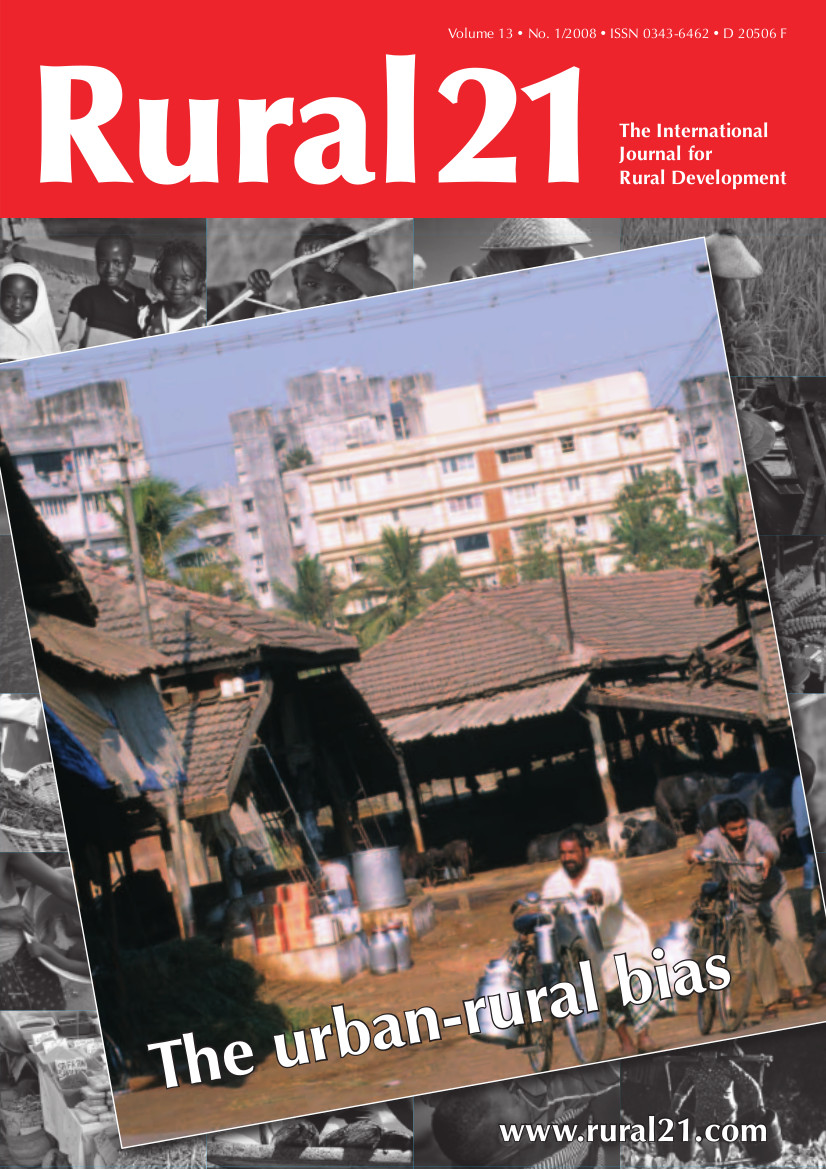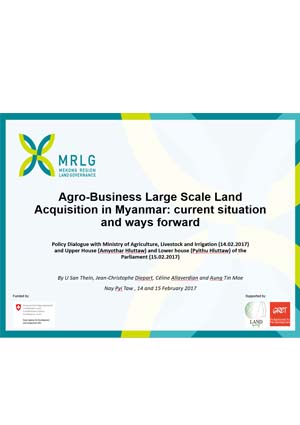Tierra y aprecio: El caso de los Jatarishun en la Comunidad de la Calera
Caso de comunarios que a pesar del régimen de violencia material y simbólica que enfrentan, continúan la lucha por un pedazo de tierra para reproducir la vida. La Calera es el territorio donde durante 20 años de disputas entre 17 comuneros y comuneras indígenas y el poder financiero y los terratenientes de herencia colonial, se enfrentaron por la propiedad y el uso de nueve hectáreas.









